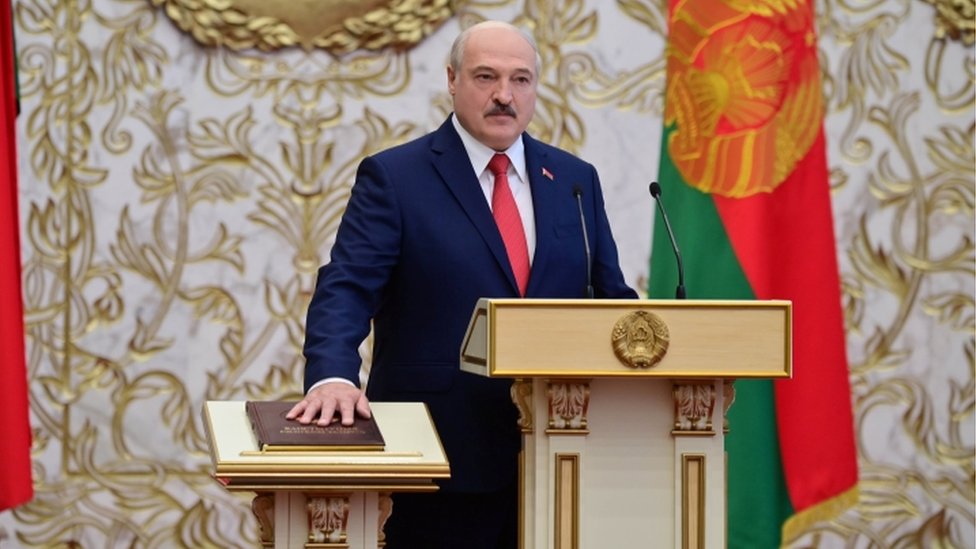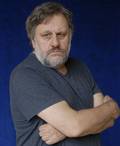
Slavoj Zizek
is a cultural philosopher. He’s a senior researcher at the Institute for Sociology and Philosophy at the University of Ljubljana, Global Distinguished Professor of German at New York University, and international director of the Birkbeck Institute for the Humanities of the University of London.
21 Sep, 2020 12:06
Get short URL
Vivienne Westwood demonstrates in support of Julian Assange, in London © Reuters / PETER NICHOLLS
Follow RT
Julian Assange has had his rights stripped away in a case that should alarm millions, but too few people care because his character has been assassinated. He might have to go to prison before he gets the support he deserves.
There is an old joke from the time of World War I about an exchange of telegrams between the German Army headquarters and the Austrian-Hungarian HQ. From Berlin to Vienna, the message is “The situation on our part of the front is serious, but not catastrophic,” and the reply from Vienna is: “With us, the situation is catastrophic, but not serious.”
The reply from Vienna seems to offer a model for how we react to crises today, from the Covid-19 pandemic to forest fires on the west coast of the US (and elsewhere): ‘Yeah, we know a catastrophe is pending, media warn us all the time, but somehow we are not ready to take the situation seriously…’
There is a similar case that has been dragging on for years: the fate of Julian Assange. It’s a legal and moral catastrophe – just consider how he is being treated in prison, unable to see his children and their mother, unable to communicate regularly with his lawyers, a victim of psychological torture so that his survival itself is under threat. They are killing him softly, as the song goes.
But very few seem to take his situation seriously, with an awareness that our own fate is at stake in his case. The forces which violate his rights are the forces which prevent the effective battle against global warming and the pandemic. They are the forces that ensure the pandemic is making the rich even richer and hitting the poor hardest. They are the forces which ruthlessly exploit the pandemic to assert their control over our social and digital space, regulating and censoring it at our expense – the forces which protect us, but also deny us our own freedom.
Assange fought for the public transparency of the digital space, and there is a cruel irony in the fact that the pandemic is being used as a pretext to isolate him from his family and his defense. We are always ready to protest the limitation of basic human freedoms imposed on Hong Kong by China; should we not turn the gaze back on ourselves? Maybe we should remember Marx Horkheimer’s old saying from the late 1930s: “Whoever is not prepared to talk about capitalism should also remain silent about fascism?” Our version is: “Those who don’t want to talk about the injustice imposed on Assange should also keep silent about the violation of human rights in Hong Kong and Belarus.”
Remember the lyrics (written by Joan Baez to Ennio Morricone’s music) of ‘Here’s To You,’ the title song of the movie ‘Sacco and Vanzetti’: “Here’s to you, Nicola and Bart / Rest forever here in our hearts / The last and final moment is yours / That agony is your triumph”?
There were mass gatherings all around the world in defense of Sacco and Vanzetti – and the same is needed now in defense of Assange, although in a different form.
If Assange were to die (or disappear in a US prison cell, like the living dead), that agony will be his triumph; he will die in order to live in all of us. This is the message we all must deliver to those who have held him: if you kill a man, you create a myth which will continue to mobilize thousands.
The message to us from those who are after Assange is clear: We can do what we want. But why does this only apply to them? What they are doing to Assange is radically changing the political weather, so perhaps we need new weathermen.






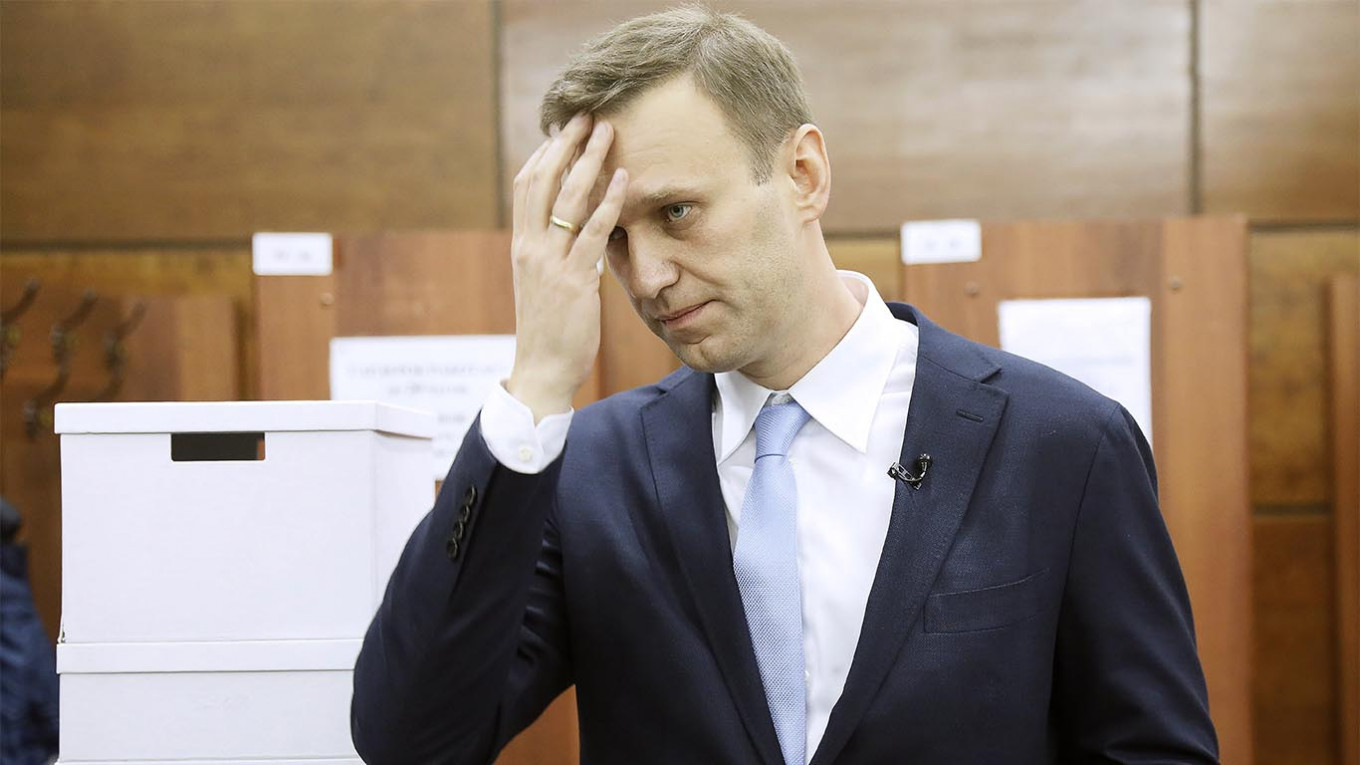
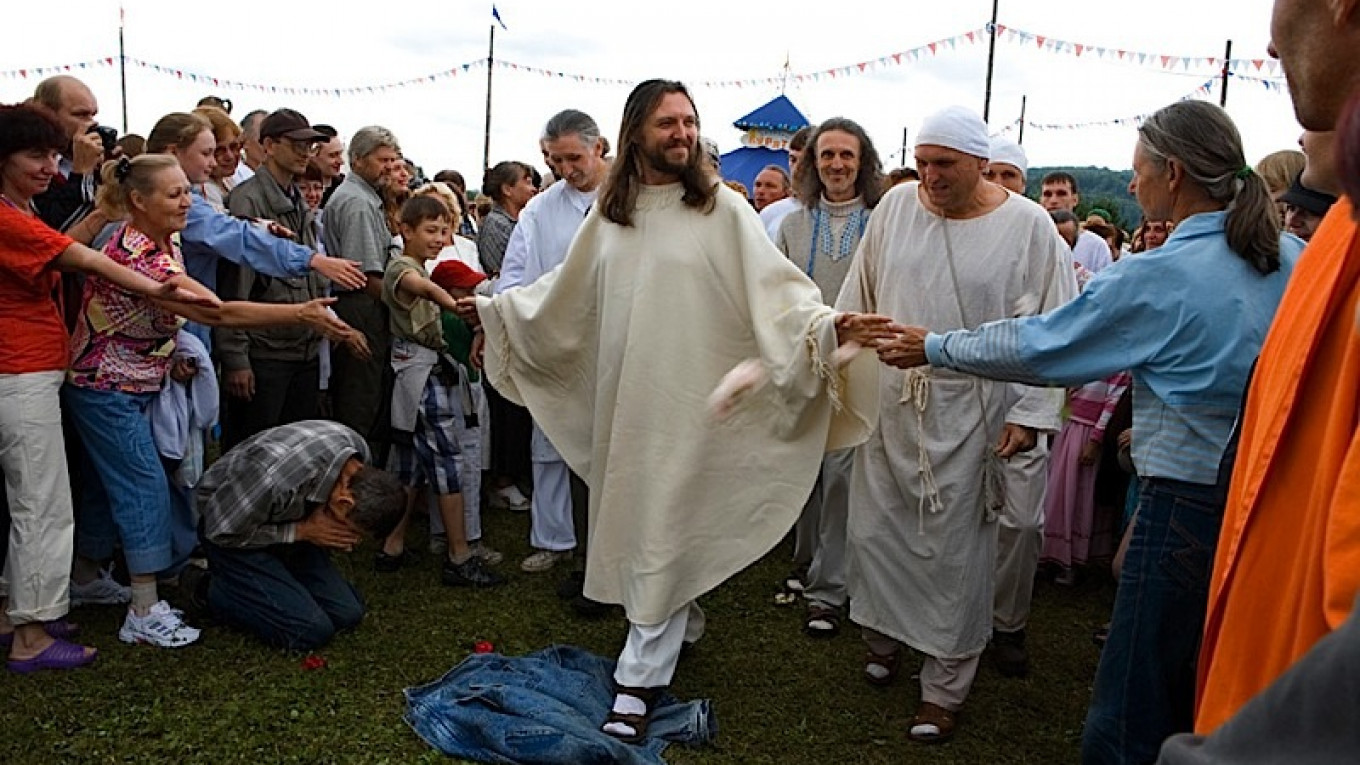

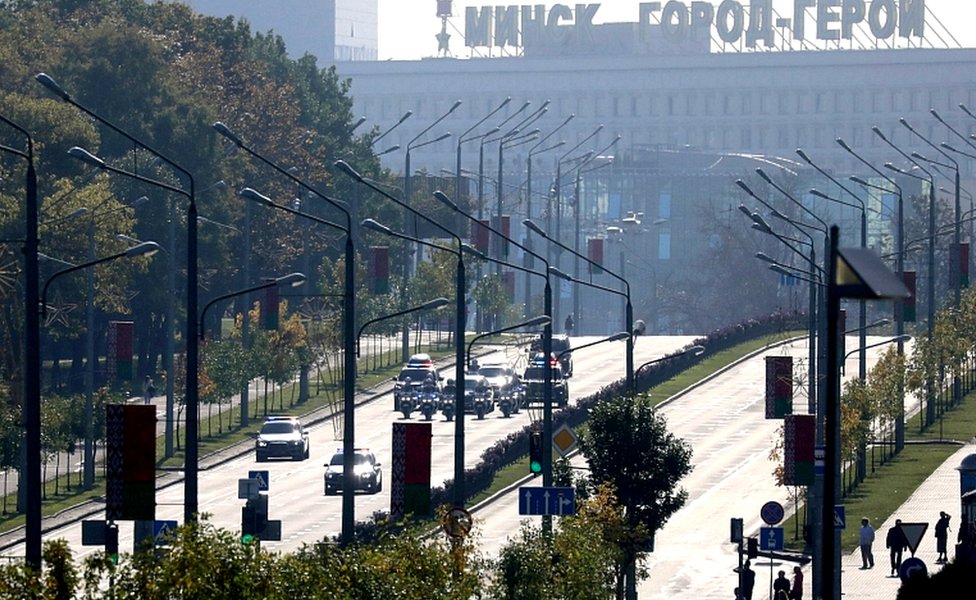 I
I